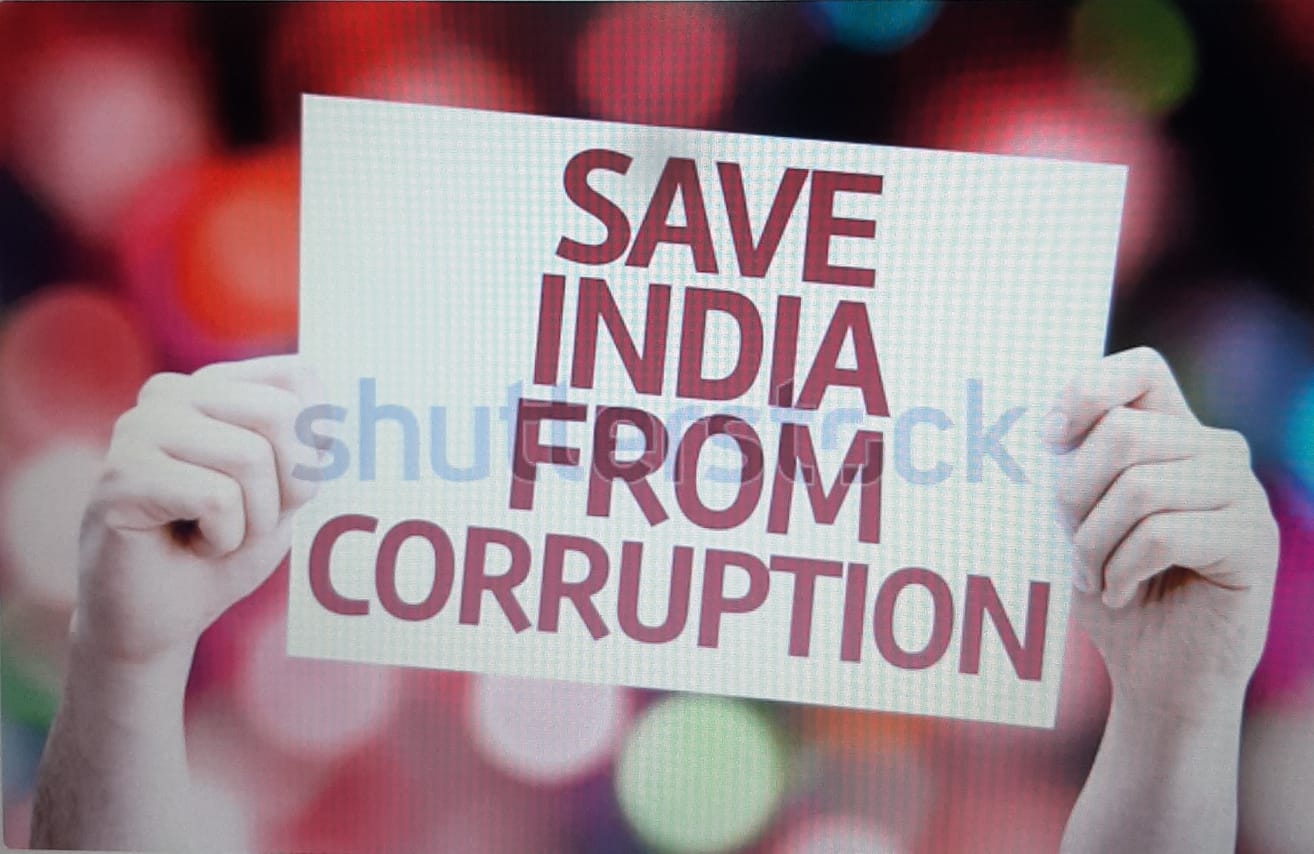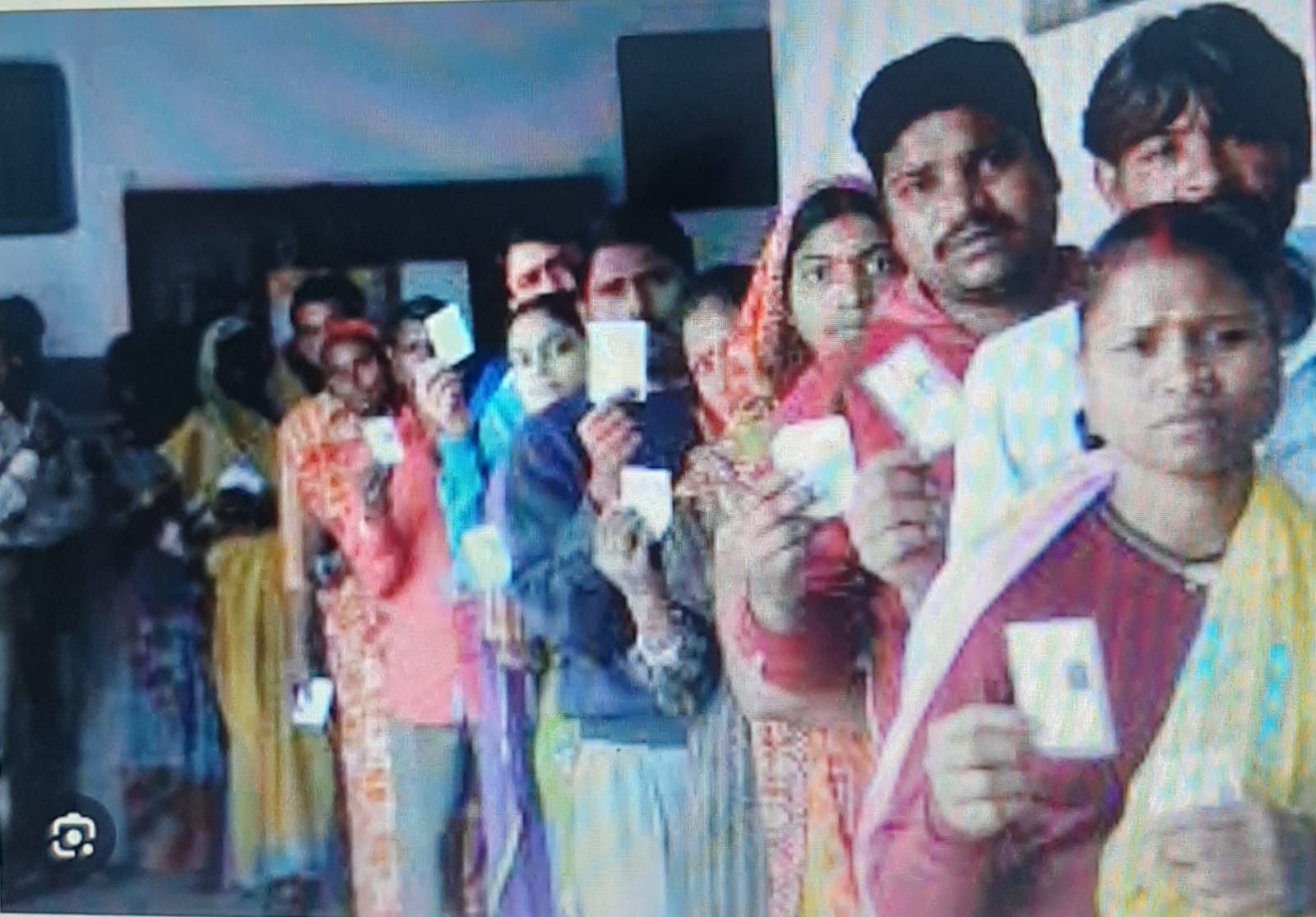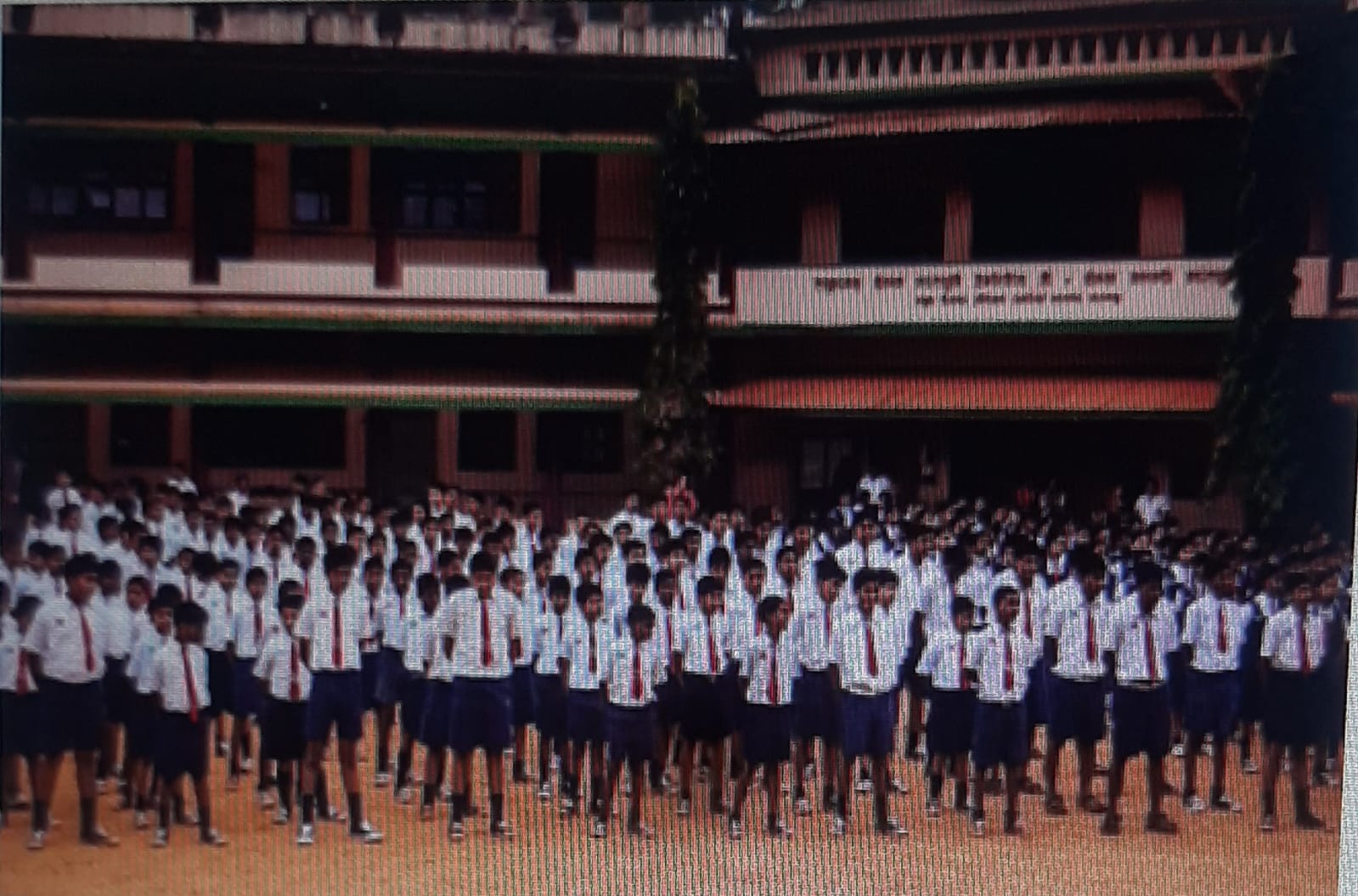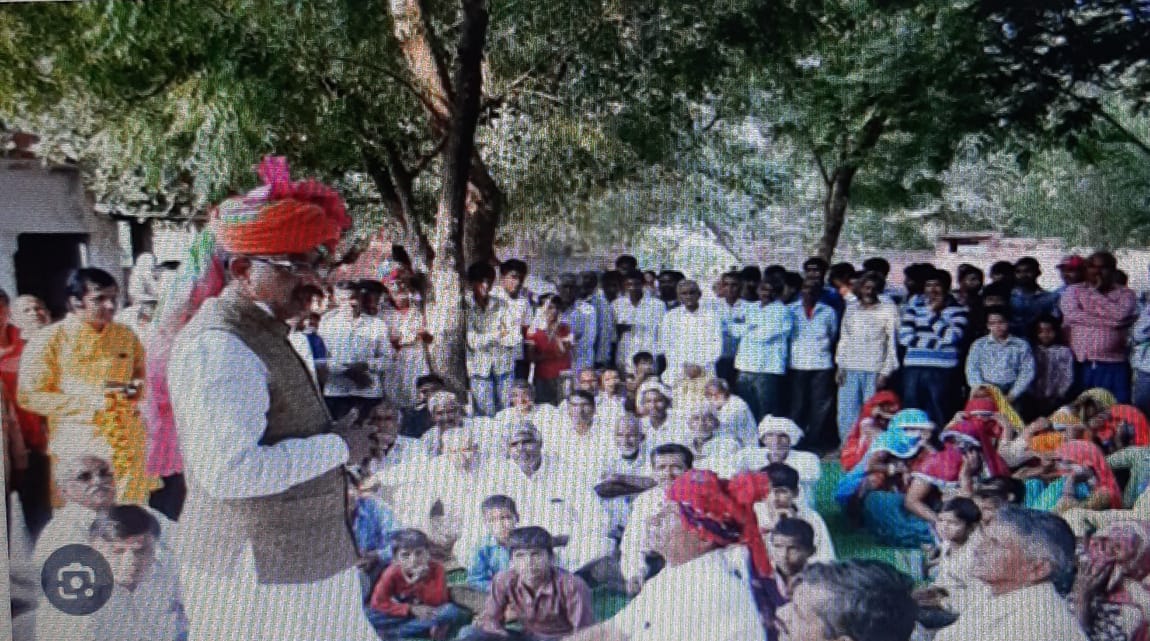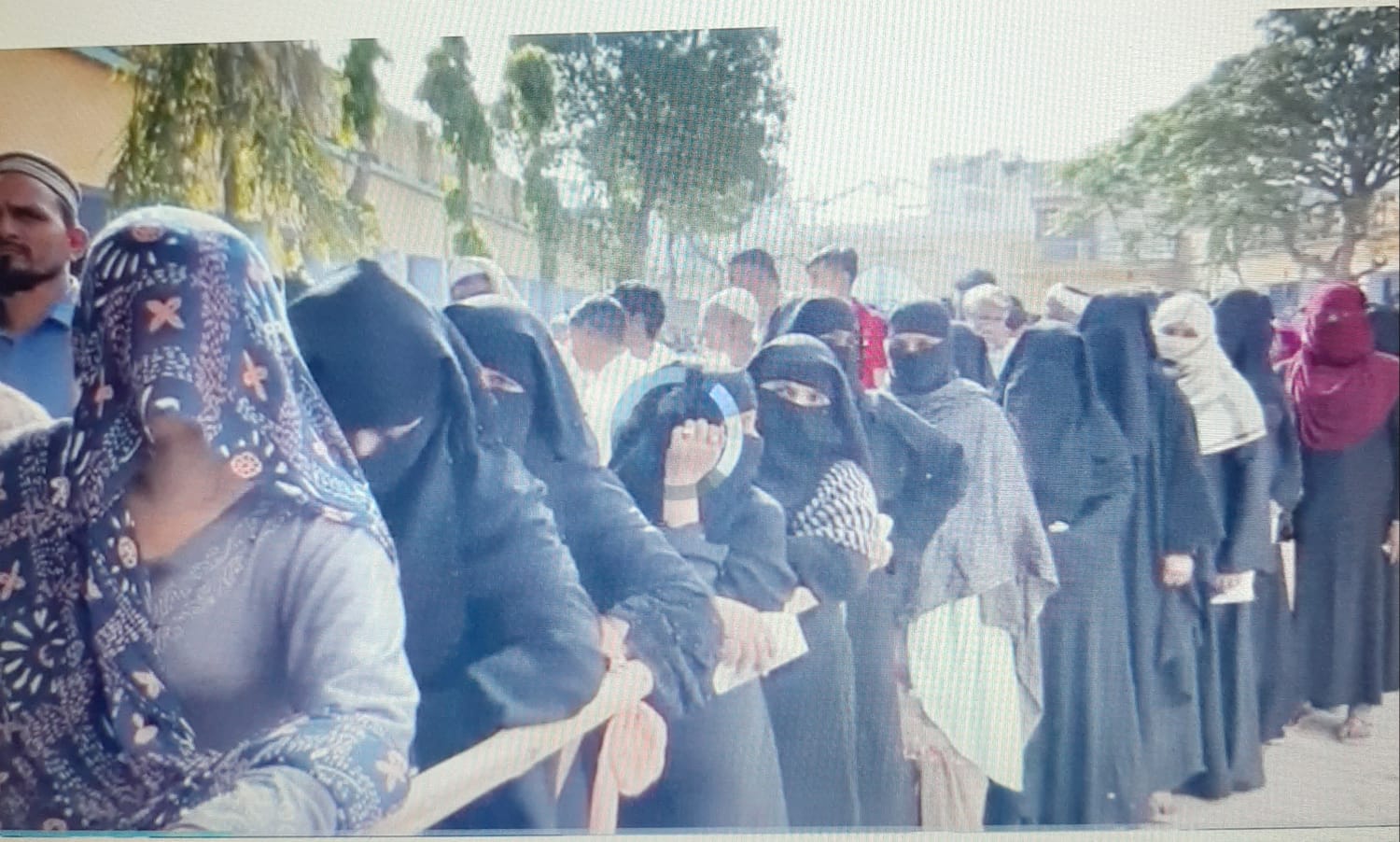
The Muslim community victim of historical othering, social exclusion, violence and other prejudices during the last one decade under majoritarian India has this time resorted to “tactical silence” to stop polarization. The silence of the community has also indicated about rampant fear in the community about political participation as during the last few years the scenario had been quite uncomfortable, writes M Hasan
Lucknow, April 24: The Muslim community has moved from age-old practice of “tactical voting” to “tactical silence” which has created a piquant situation in “polarizing forces.” The sudden change in tone and tenor of ruling BJP from “vikas ki baat” to achieve the target of “abki baar 400 paar” seems to be the desperate efforts to polarize the political battlefield as the country gears up for second phase of polling on April 26.
The stoic silence of the Muslim community in the first phase of polling on eight Lok Sabha seats in Western UP-hotbed of communal politics- and remaining eight seats in the same region in second phase on April 26 has given ample indications about the over-cautious approach of the community for various reasons. It was evident in changed style of campaigning of Congress candidate Imran Masood who was known for his controversial remarks in the past. While there are reports of efforts to stir passion, the farming community’s vigilance has reportedly thwarted the communal design.
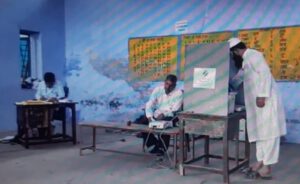
The Muslim community victim of historical othering, social exclusion, violence and other prejudices during the last one decade under majoritarian India has this time resorted to “tactical silence” to stop polarization. Even as “ Muslim League, Akbar, Fatiha, Shariat law, hunger in Pakistan, infiltrators and other such harangue have presumably failed to provoke the minority community, there are also reports of “polarize nahin ho raha” comments from other side of the political divide. Hence the fresh aggressive efforts to widen the support base.
The silence of the community has also indicated about rampant fear in the community about political participation as during the last few years the scenario had been quite uncomfortable. The brutal police action during CAA-NRC protests and demolition of houses are still fresh in the mind of the community. But “silence” doesnot mean the community has forsaken its right to vote. The voting in first phase in western UP had indicated that the community members turned in large numbers to exercise their franchise. The Darul Uloom Deoband had also issued special appeal to the community to “peacefully and compulsorily cast their votes”.
Like in 2022 assembly election in UP the non-BJP parties have also been playing “Muslim card” very carefully to avoid any counter reactions. Even as SP-Congress (INDIA bloc) has been vigilant in selecting candidates from Muslim community the BSP has fielded large numbers of candidates in western UP. Will BSP, which has been trying Muslim-Jatav-Rajput alliance, succeed in its gameplan is unpredictable. The BSP had played this game in 2022 UP assembly elections but had miserably failed. But it had won 10 Lok Sabha seats in 2019 in alliance with SP and RLD. Except in 2007 assembly election when the Dalit outfit had singlehandedly won complete Muslim support, the BSP could not fully gain the trust of the community independently. By fielding large number of Muslim candidates in 2024 the BSP like AIMIM is being seen as “Vote katuwa” (vote cutter) in the community. In 2019 Lok Sabha election SP-BSP alliance could not yield positive election because of Modi wave. While BSP won ten Lok Sabha seats, SP could survive only five seats. In both previous election Muslims largely had supported the alliances. However, a debate has ensued in the community whether it would lead to split in vote or the Muslims would stay united likely in 2007 and 2012 when they had voted enbloc to BSP and Samajwadi Party respectively. The Muslims through their “tactical voting” had then frustrated the smaller parties resulting into largest representation of the community in UP assembly. In 2012, the Peace Party had however succeeded in winning four seats. In 2017 assembly poll, MIM had contested on 38 seats and without any success could secure only 0.24% votes. The Peace Party, whose best performance was victory on four seats in 2012 by grabbing 2.35% vote could get 0.26% votes in 2017 and both were called the “vote cutter”.
There are 17% Muslim electorate but they are in a position to play only a balancing role and not able to independently ensure victory of the candidates except on few seats like Rampur, Moradabad or Saharanpur. “Where ever we are going we are asking the community to have patience and maintain low profile”, said a senior member of All India Muslim Personal Law Board (AIMPLB). The community during successive elections in the past had resorted to “tactical voting” to defeat the BJP. Western UP, including Roohelkhand has been a trend setter of Muslim mood in other parts of the state, as during last three elections polling started from this region and headed towards eastern areas, which have pockets of Muslim population. Since UP battle largely revolves around caste and communal polarisation there will be no change in the scenario in 2024.
Even as Muslim community is silent and watching the political developments, the main opposition parties-SP, BSP, Congress- are also maintaining “safe distance” from the community to avoid being accused of “appeasement” and are rather trying to play “soft Hindutav” to counter the BJP. They donot want to give handle to the BJP on minority issue.
(M Hasan is former Chief of Bureau of Hindustan Times, Lucknow)



